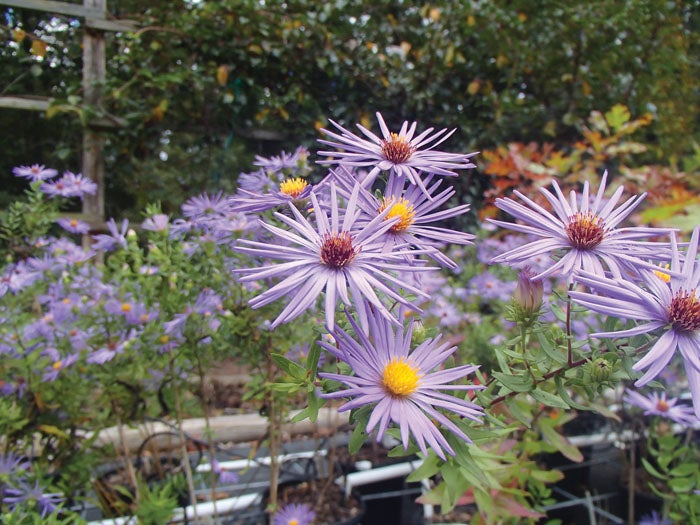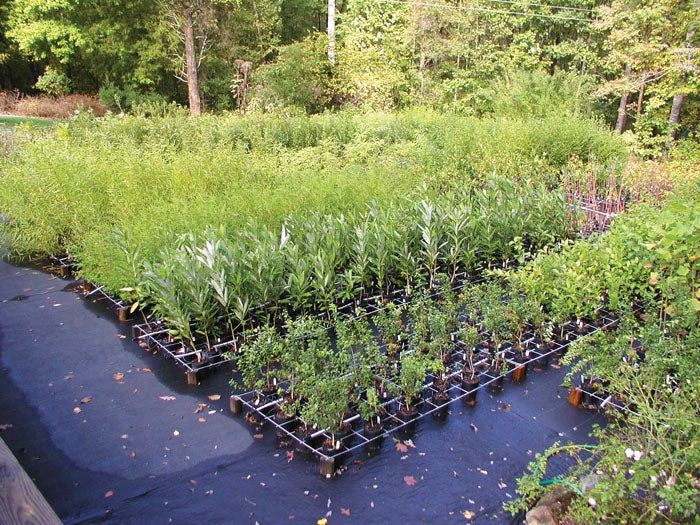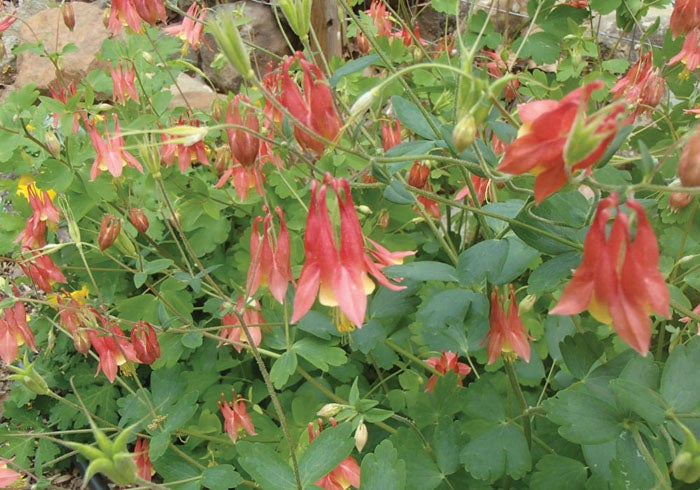Native plants for the home landscape seminar at Agriculture Center
Published 12:00 am Friday, February 14, 2020
By Amy-Lynn Albertson
Rowan County Extension Director
The Rowan County Master Gardener Volunteers are hosting a seminar on “Native Plants for Home Landscape” on Tuesday, March 10.
The owners of Cure Nursery in Pittsboro will be the guest speakers. Cure Nursery’s mission is to encourage homeowners to add natives to their landscapes (even just one). Native plants have a substantial ecological impact on the environment. The majority of plants sold at Cure Nursery are grown from seed and native to the southeast.
Charlotte Glen, N.C. State Master Gardener Coordinator, says, “When it comes to garden and landscape plants, there is not a standard definition of native. Nurseries may label plants as native, but that does not mean they naturally occur in North Carolina or the Southeast. Some nurseries label any plant that naturally occurs anywhere in the contiguous U.S. as native.
“To benefit birds and pollinators, gardeners should select plants native to their region. In addition, when native plants are selected for the site conditions and helped to establish, many make tough, low-maintenance and beautiful additions to landscapes. The birds, pollinators and other creatures they attract add a new dimension of life to yards and gardens.”
Many beautiful annual and biennial flowers are native to the Southeast. These plants can add color, flair and quick gratification to the impatient gardener. Annuals are plants that complete their life cycle from germination to setting seed and dying in one season.
A biennial completes its life cycle in two growing seasons, with vegetative growth the first season, then flowering, seed production and death the second season. Because these plants have such a short life span, they must bloom quickly. Early blooming is an excellent trait for those of us who are impatient gardeners. These plants generally have a more extended bloom season than most perennials, and this can often be extended by removing spent blossoms.
Scorpianweed is a biennial that blooms in early spring, sets seed and dies. The seed germinates in the summer and develops into light green foliage with a gray mottling that remains through winter. In early spring, the plant sends up coiled flower stalks. As the buds open, the stalks straighten into showy lavender-blue, bell-shaped flowers. The buds open slowly from bottom to stop, so bloom time lasts well over a month.
Scorpionweed prefers a moist shady environment. It is an excellent complement to deciduous ferns and hostas.
Early settlers gave Gailardia pulchella orIndian blanket flower its common name since the blooms reminded them of the colorful blankets woven by the Native Americans. These flowers are daisy-shaped, with red or maroon petals. Indian blanket flower is one of our toughest native flowers. It thrives on the coast in the hottest conditions and tolerates poor soils. This plant is an excellent choice for coastal properties, meadows and xeriscaping, as well as butterfly gardens, containers or the flower bed. Indian blanket flower will continue to flower until the first frost and will readily self-seed.
Scarlet sage, in a long blooming annual flower, reaches about 2-3 feet in height. The blossoms are inch-long, vibrant red, tubular flowers. These flowers are a favorite among hummingbirds. As the seeds mature, the plant also attracts hungry goldfinches. This type of sage is an adaptable plant that will bloom in full sun to part shade. It is also very tolerant of poor soils and will self-seed regularly.
Wild Columbine is a perennial that also self-seeds. It prefers partial shade conditions but will tolerate more sun with adequate moisture. It tolerates a variety of soil types as long as they are well-drained. Keep moist during the growing season and don’t over-fertilize as this will cause abundant foliage production and decrease life expectancy. They will freely self-seed in the garden and bloom the second year. Use this plant in naturalized areas, shady garden borders. Once the flowers die off, it makes an attractive ground cover.
The Native Plants for the Home Landscape Seminar is March 10 at the Rowan County Agriculture Center from 1-2 p.m. Register online at http://go.ncsu.edu/rowannativeplants. This class is free, but space is limited.





